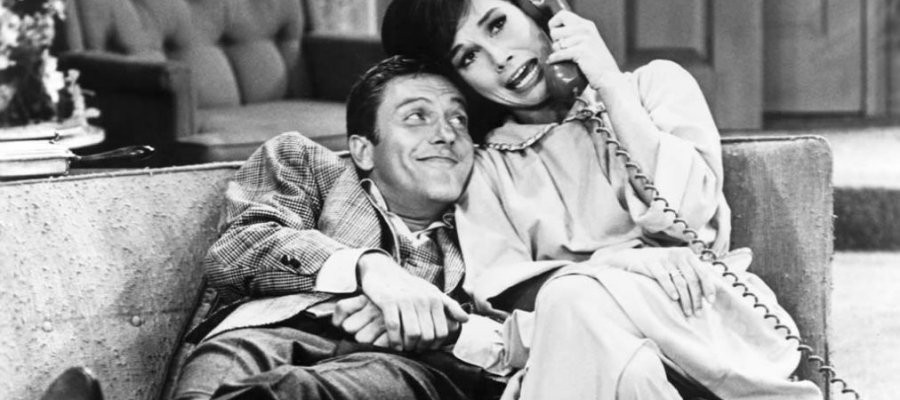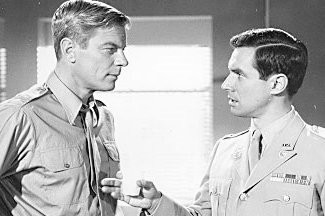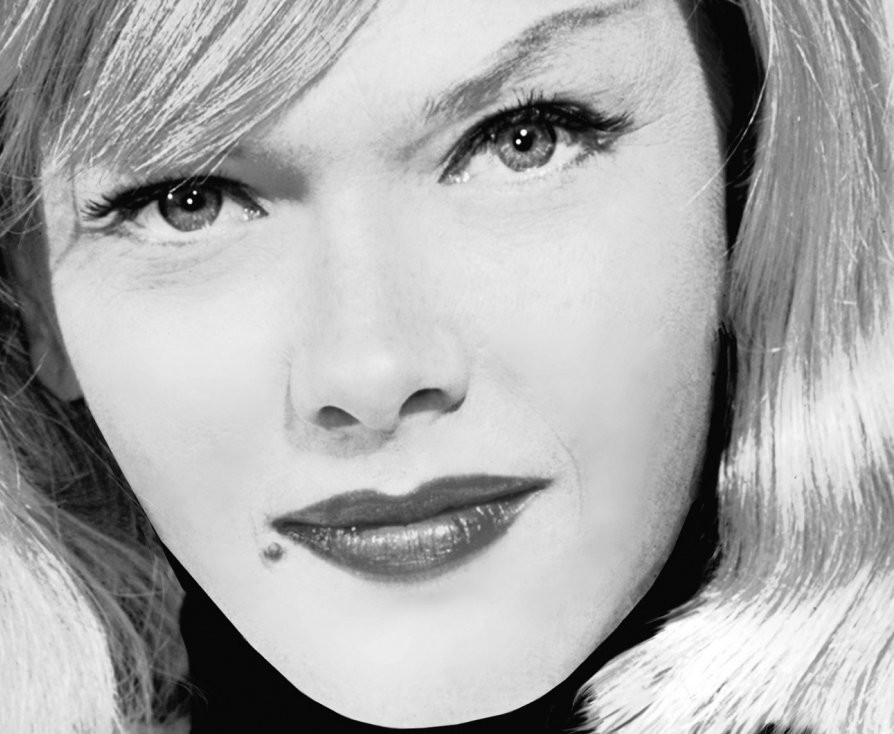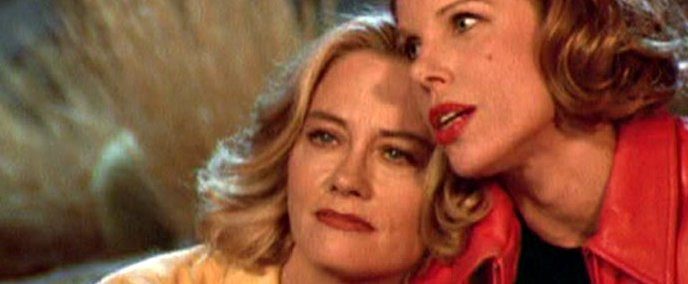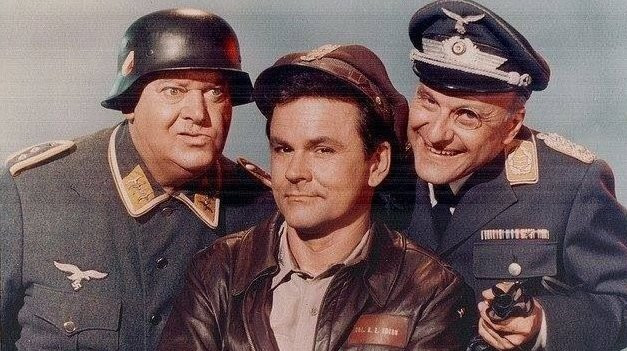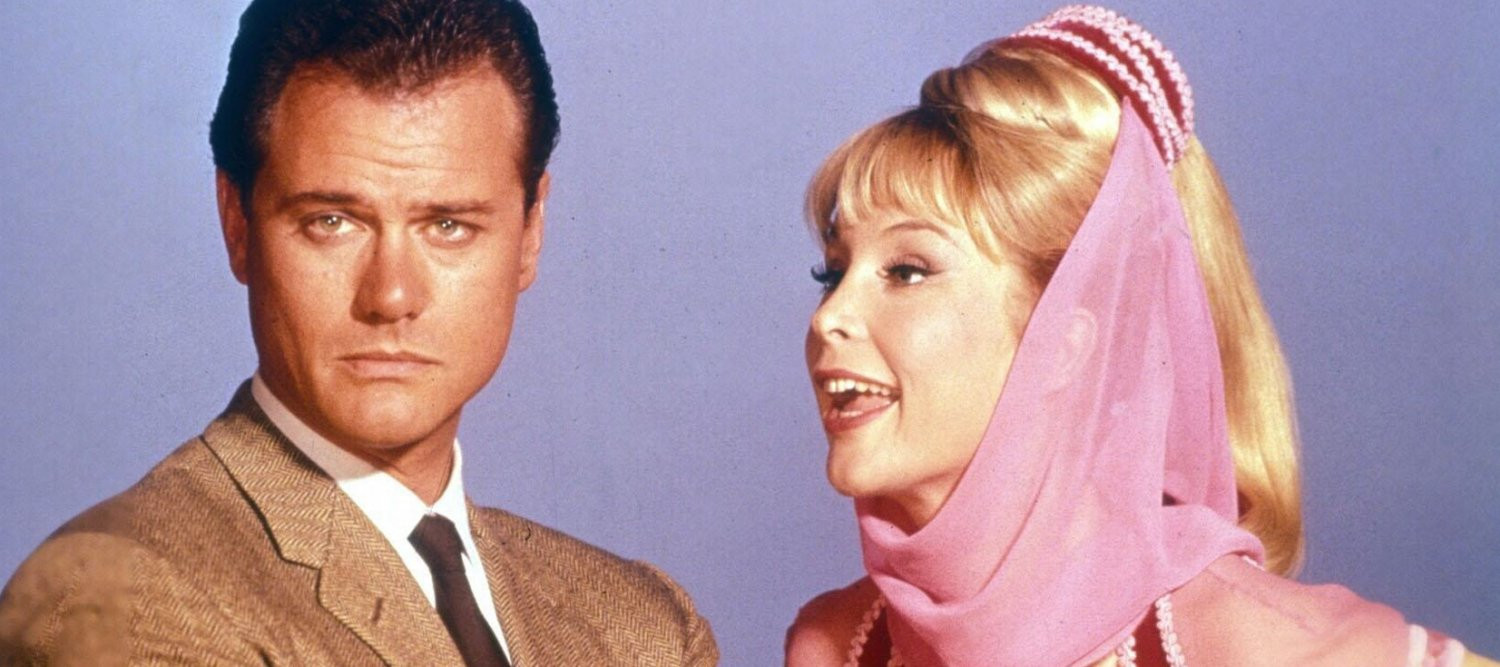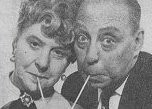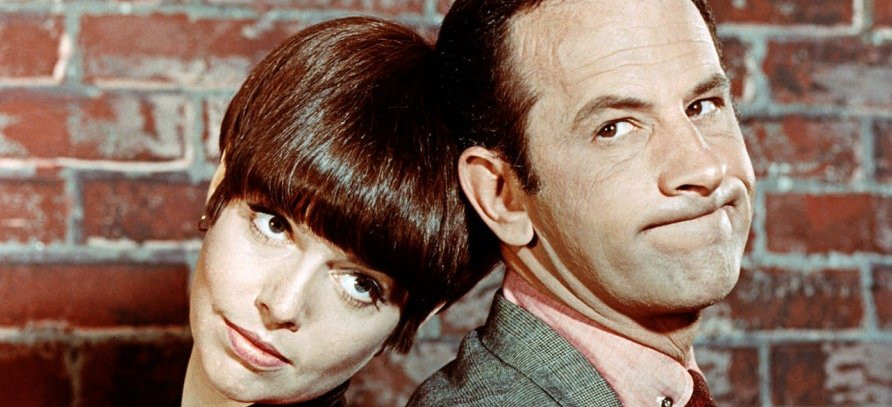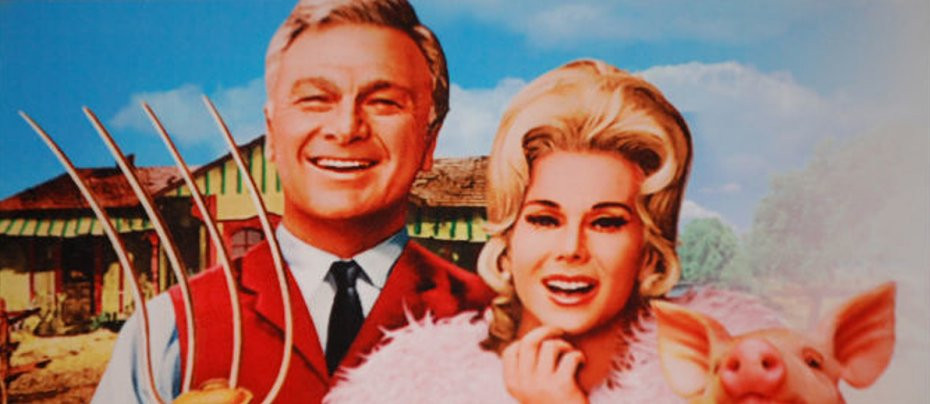
Green Acres
1965 - United Statesan unparalleled gem in the history of American television
Television series have always played a pivotal role in shaping popular culture. One such timeless gem from the 1960s is the unforgettable Green Acres. This widely beloved sitcom, one of the most successful of CBS’ rural sitcoms, which aired from 1965 to 1971, left an indelible mark on American households, captivating audiences with its irresistible blend of humour and heart.
Created by Jay Sommers and produced by Paul Henning, the show follows the adventures of a sophisticated New York City couple as they relocate to the rural town of Hooterville. With its unique premise, memorable characters, and witty writing, Green Acres has etched its place in television history as a truly iconic sitcom.
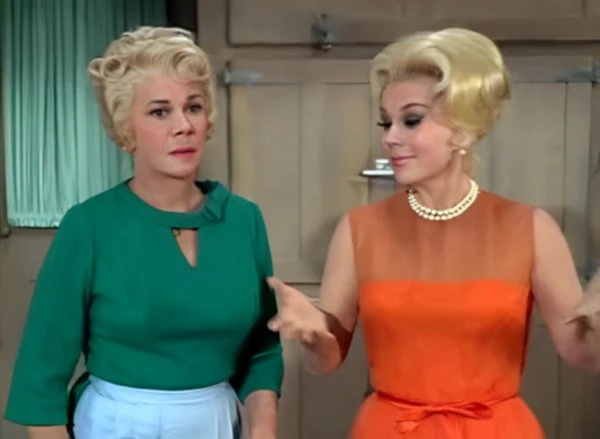
Green Acres began life as a radio series in 1950. Titled Granby's Green Acres it starred Gale Gordon (The Lucy Show) and Bea Benaderet (Petticoat Junction) as a married couple, he is a former banker who decides to turn his back on the rat race and settle with his wife in a rural location where he would run a farm, despite neither of them knowing the first thing about farming. A summer replacement series, Granby's Green Acres only ran for eight episodes but was never considered for a longer run following critics labelling it as "tepid" and "mediocre".
In 1962, Henning had more success when he created the sitcom The Beverly Hillbillies, which turned the premise of Granby on its head by having a rural family move to the big city. Hillbillies, featuring the Clampett family, was such a success that a spin-off series was created the following year which featured the Clampett’s ‘kinfolk’ who reside in Hooterville, a backwater town somewhere in the Ozark Mountains of Missouri.
With two hit shows to his name, Henning was approached by CBS to create a third series. Henning asked Petticoat writer Jay Sommers to create and produce this new programme. Sommers proposed reviving Granby's Green Acres, changing the farmer's name and shortening the title.
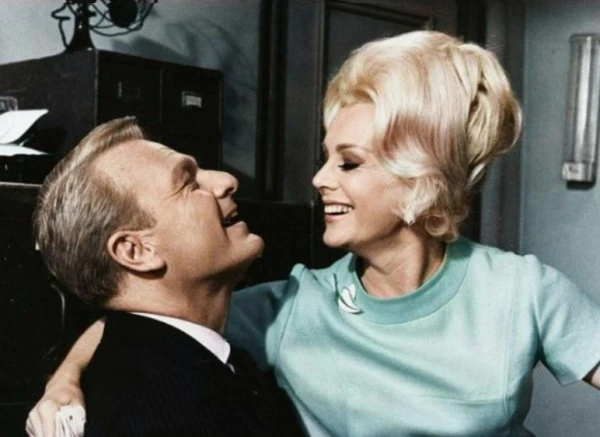
Oliver Wendell Douglas (played by Eddie Albert), a successful Manhattan lawyer, decides to fulfil his lifelong dream of leaving the bustling city life behind and embracing the charm of rural living. Armed with his glamorous Hungarian wife Lisa (played by Eva Gabor), they relocate to Hooterville, a fictional farming community plagued by comedic and endearing absurdity. Oliver purchases a 160-acre farm, sight unseen, from Mr. Haney (Pat Buttram – the voice of the Sheriff of Nottingham in Disney’s animated Robin Hood), a shrewd salesman who ‘forgets’ to mention that the farm has been allowed to run to wrack and ruin. On seeing the property, Lisa wants to immediately turn around and head back to their Park Avenue penthouse, but Oliver is determined to give this new way of life a chance. So, they stay.
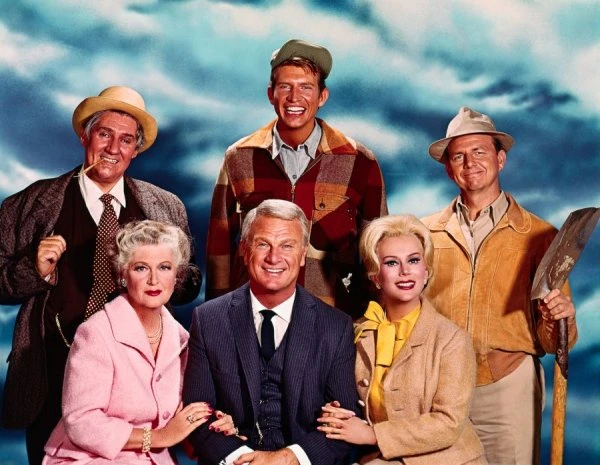
Eddie Albert's impeccable timing and deadpan humour perfectly embody the show's satirical spirit. Opposite him, Gabor portrays his perpetually discontented wife with a larger-than-life persona which adds a touch of sophistication to the show, as her character hilariously navigates the challenges of rural life with an unwavering commitment to her extravagant lifestyle. At the heart of Green Acres' comedic genius are the memorable characters that populate the fictional town of Hooterville. Supporting the main characters is a truly whimsical ensemble, each with their own distinctive quirks and comedic talents. A brother and sister team of carpenters, the Monroes (Sid Melton and Mary Grace Canfield) are employed to rebuild the house and barn. Tom Lester (a crossover character from Petticoat Junction) shines as the bumbling farmhand Eb Dawson, providing endless laughter with his simple-minded antics. The eccentricity of the townsfolk is further highlighted by the mesmerizing presence of Arnold the Pig, a remarkably intelligent and wise swine. Arnold's exploits and interactions with the other characters never fail to leave audiences in stitches, as he effortlessly steals the spotlight with his porcine charm.
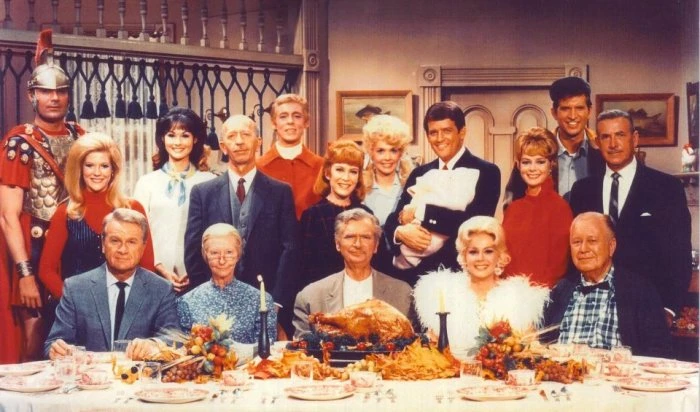
Green Acres was not without its fair share of critical acclaim during its six-season run. The show garnered several Emmy nominations, reflecting the outstanding work of its dedicated cast and crew. Although many episodes were standard 1960s sitcom fare, the show developed a regular undercurrent of surrealism and satire. The writers quickly established a repertoire of recurring jokes and visual gags and the characters frequently addressed the audience directly by breaking the fourth wall. Its impact on popular US culture is undeniable, with memorable catchphrases and iconic moments that have become ingrained in the collective memory of television audiences. The show's premise of moving to a rural area can be seen in subsequent sitcoms such as the Canadian hit show Schitt's Creek and in the British sitcom The Green Green Grass.
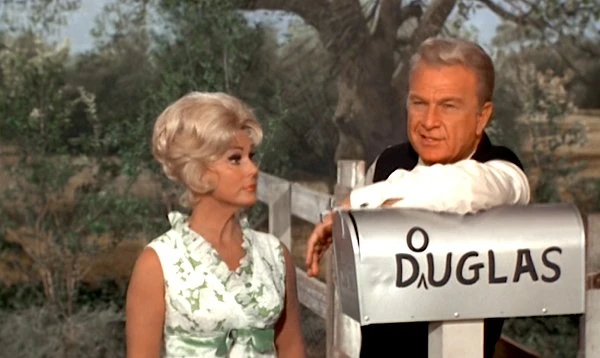
In 1971, CBS cancelled the series due to mounting pressure from sponsors to feature more urban-themed programs on its schedule. As a result, nearly all rural-themed shows were cancelled to make room for newer ones. Unfortunately, the sudden cancellation meant that there was no series finale. However, the surviving cast members reunited for a TV movie titled Return to Green Acres, which aired on CBS in May 1990. Eddie Albert and Eva Gabor also reprised their Green Acres characters for the 1993 CBS special The Legend of the Beverly Hillbillies.
Green Acres remains an unparalleled gem in the history of American television. The show's ability to captivate audiences with its light-hearted humour, lovable characters, and timeless themes of pursuing one's dreams has cemented its place in the pantheon of classic sitcoms. Even after several decades, its whimsical and endearing portrayal of a New York City couple embracing rustic living in a quirky farming community continues to charm viewers of all ages. Its clever blend of slapstick comedy, social commentary, and unforgettable characters has secured its place as one of the most enduring sitcoms in US television history.
Seen this show? How do you rate it?
Seen this show? How do you rate it?
Published on September 17th, 2023. Written by Laurence Marcus for Television Heaven.


